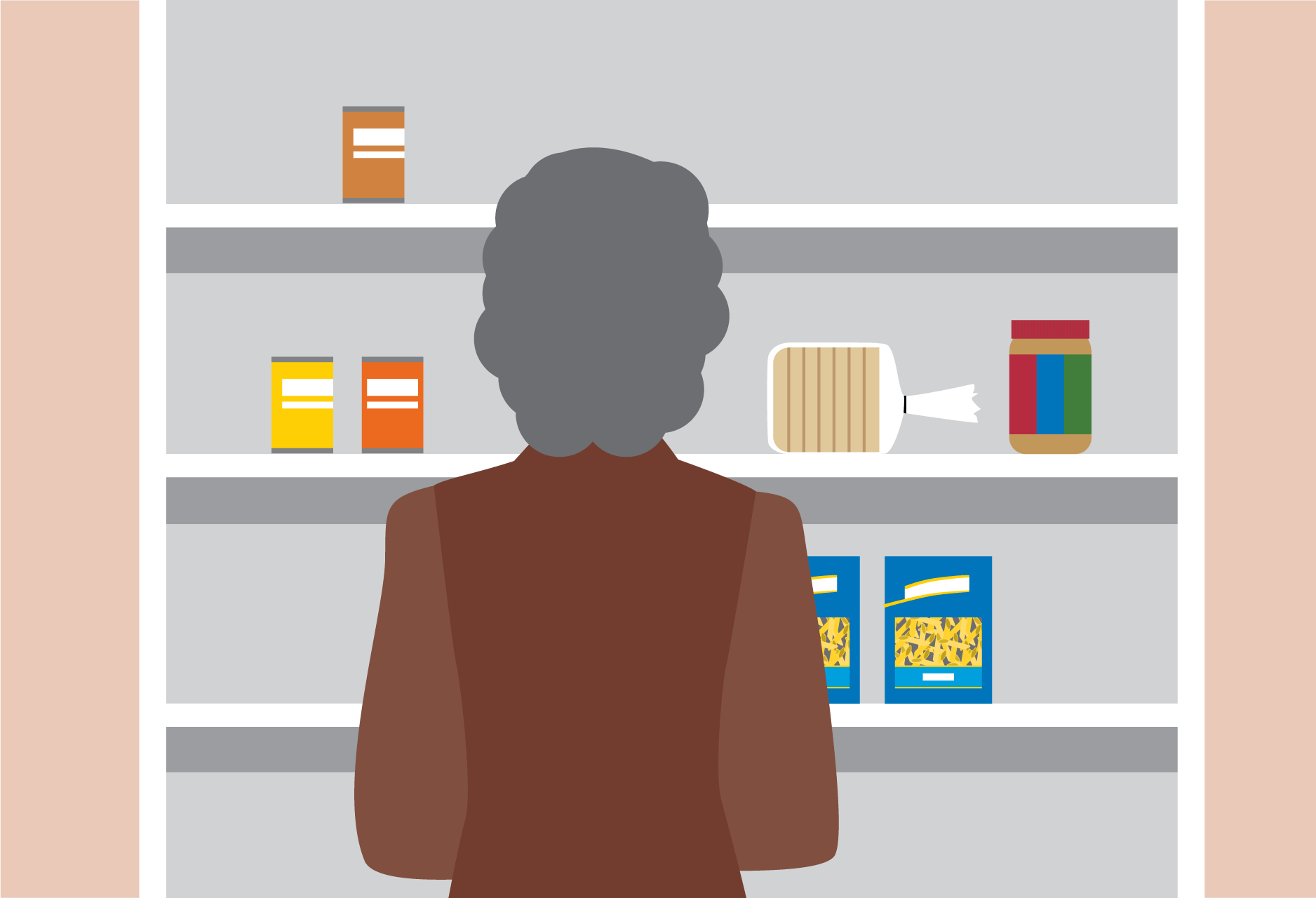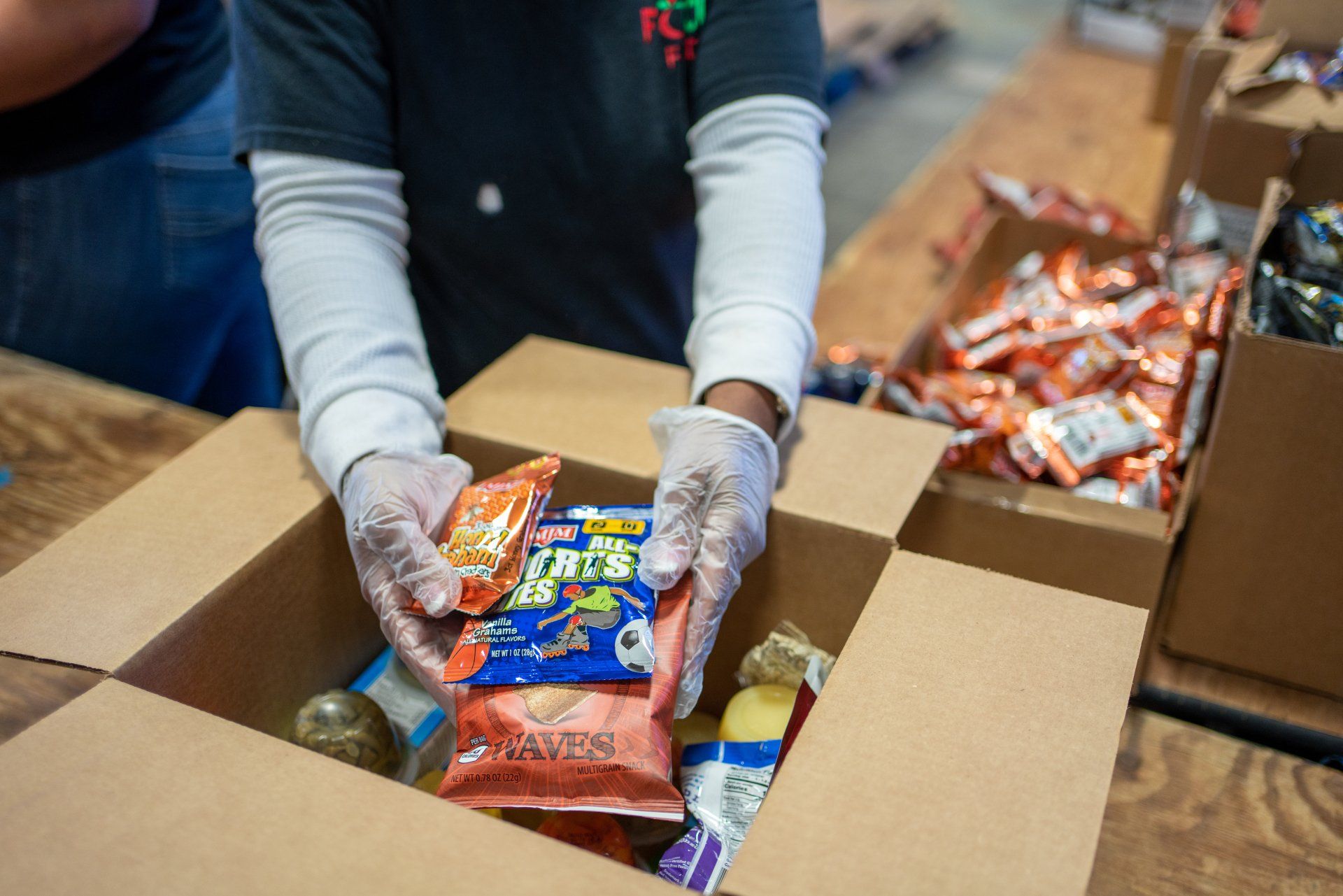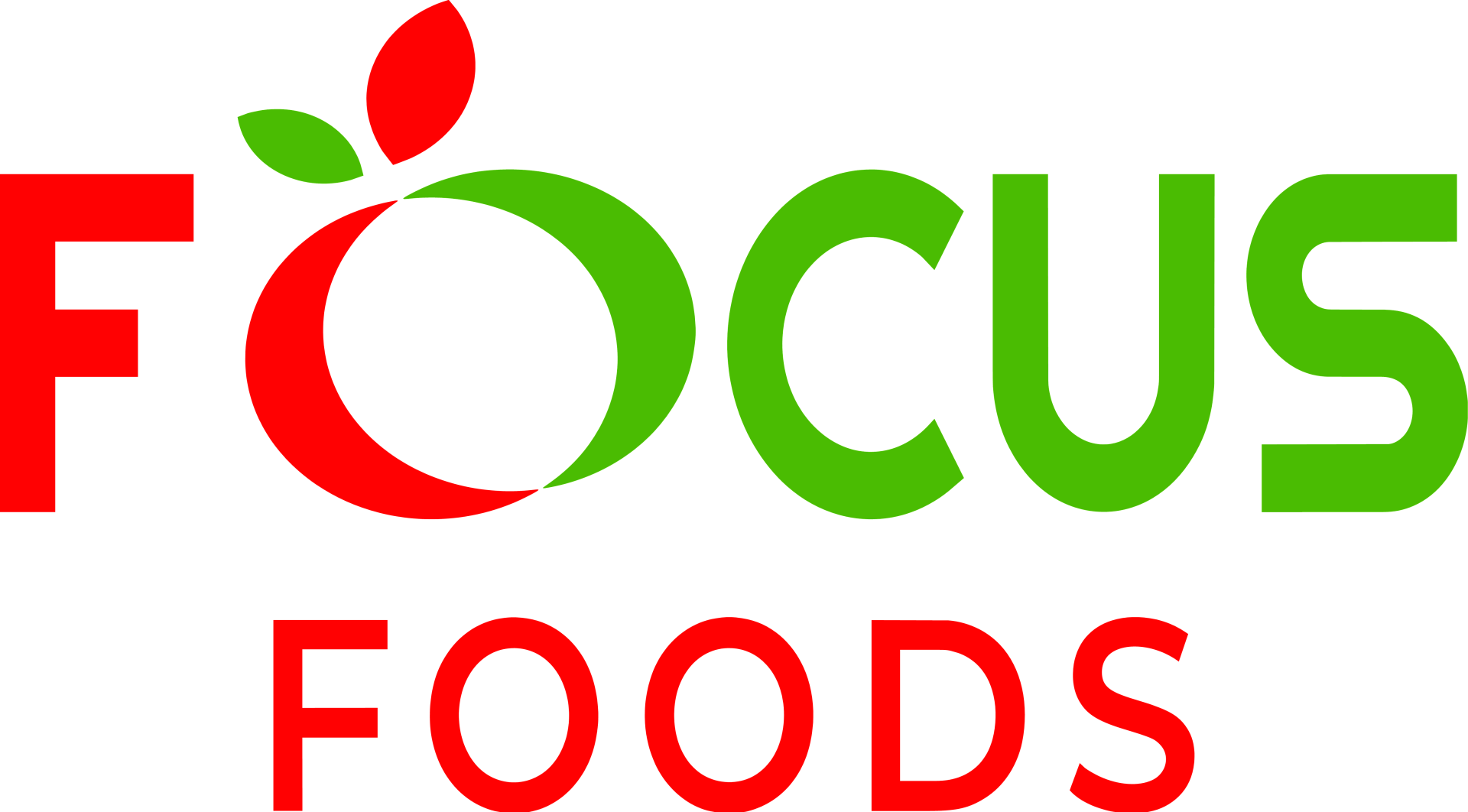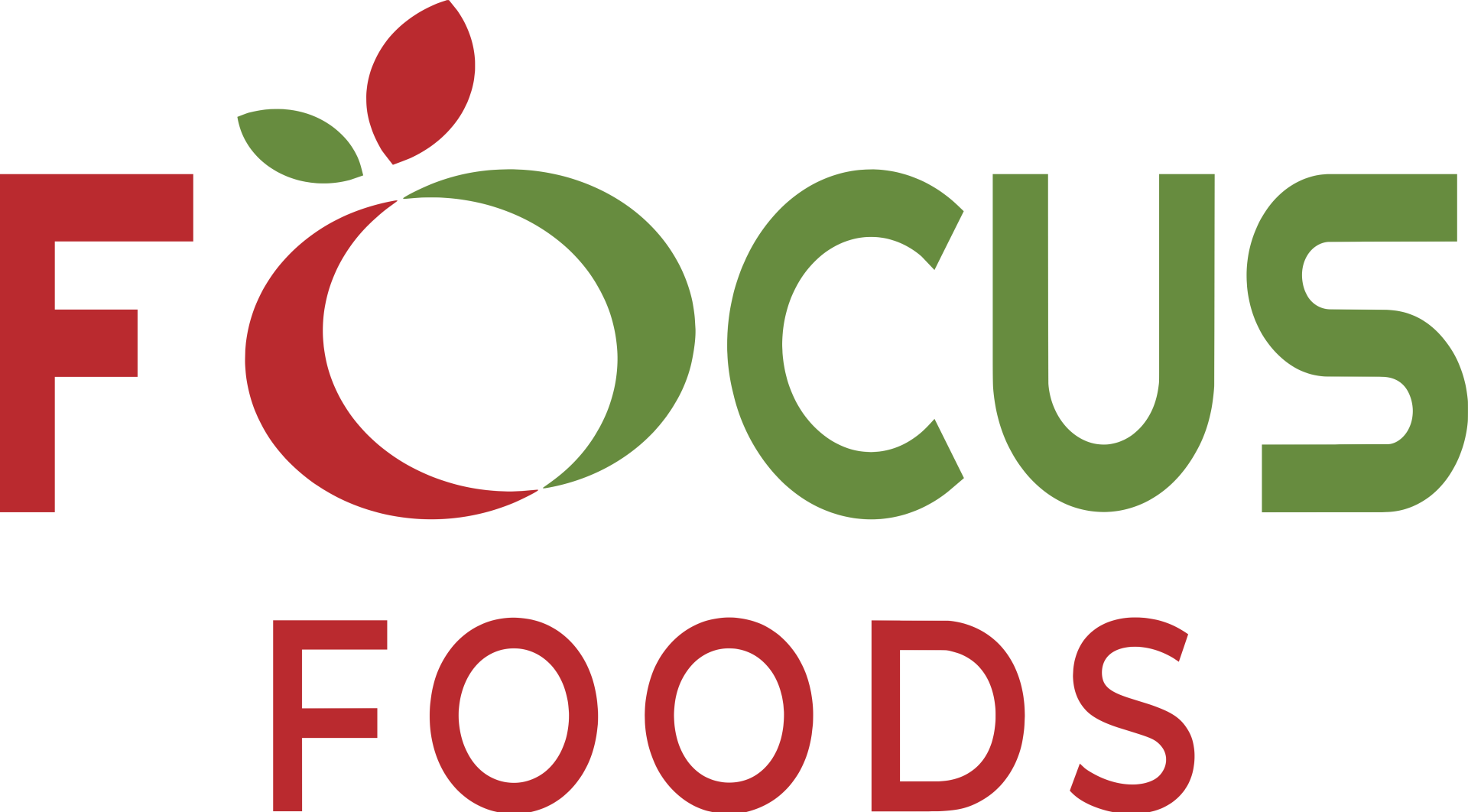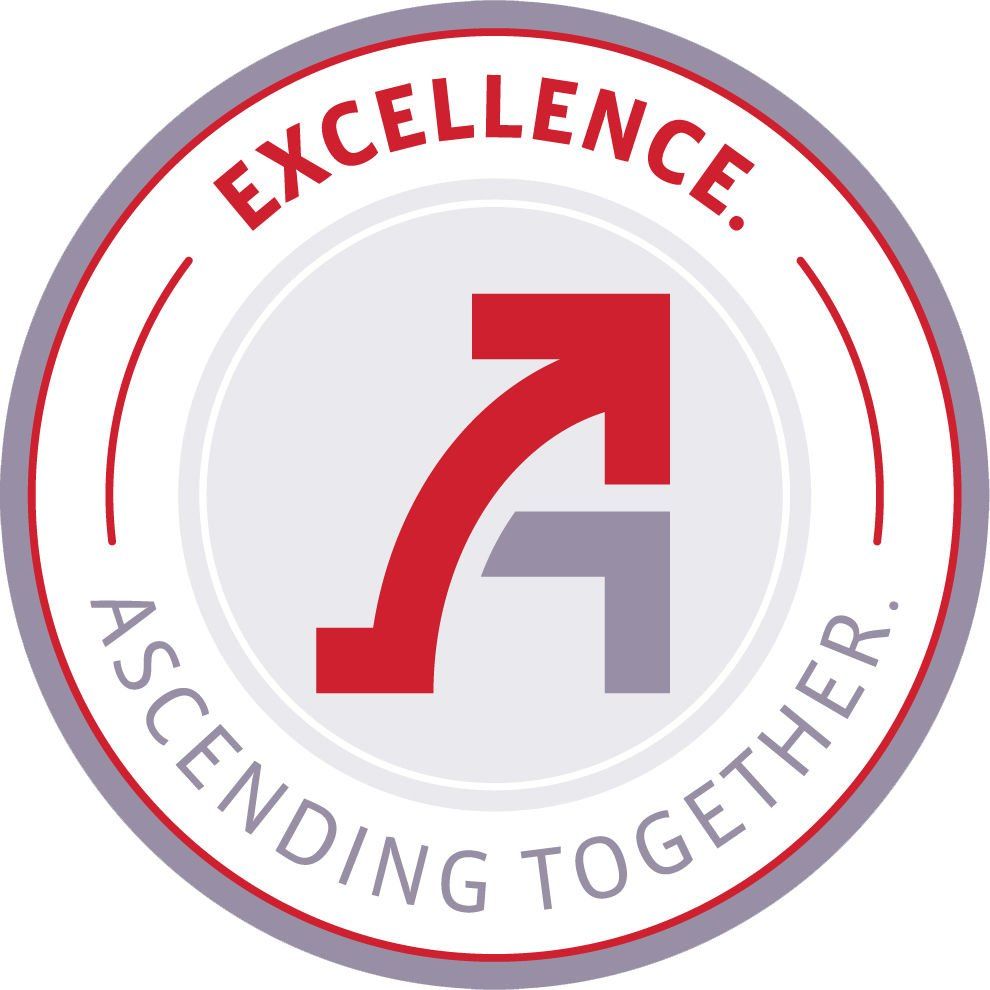CHILD & ADULT CARE FOOD PROGRAM
19 Million Meals & Counting
Louisiana ranks #1 in childhood food insecurity in the United States. One in six children in Louisiana are in danger of having nothing to eat once they leave school each day. Focus Foods, working within the USDA’s CACFP program can erase that statistic in your parish and help you to expand USDA approved feeding for your kids, delivered right to their door. Every day, more than 4 million children get meals and snacks through USDA’s Child and Adult Care Food Program (CACFP). Thanks to recent updates to the CACFP meal patterns, you now have even more opportunities to help kids get the nutrition they need to learn, grow, and play. Our mission at Focus Foods is to make food insecurity a thing of the past in the State of Louisiana.
What is the CACFP?
The Child and Adult Care Food Program (CACFP) is a federal program that provides reimbursements for nutritious meals and snacks to eligible children and adults who are enrolled for care at participating childcare centers, day care homes, and adult day care centers. CACFP also provides reimbursements for meals served to children and youth participating in afterschool care programs, children residing in emergency shelters, and adults over the age of 60 or living with a disability and enrolled in day care facilities. CACFP contributes to the wellness, healthy growth, and development of young children and adults in the United States.
Who is Eligible to Participate in CACFP?
- Child Care Centers: Are you a program operator caring and serving meals to children? If so, you may be eligible to participate in CACFP and receive reimbursements for serving healthy meals and snacks to children. Eligible public or private nonprofit childcare centers, outside-school-hours care centers, Head Start programs, and other institutions which are licensed or approved to provide day care services may participate in CACFP, independently or as sponsored centers. Contact your state agency for more information.
- Adult Day Care Centers: Are you a program operator providing nonresidential care to adults? If so, you may be eligible to participate in CACFP and receive reimbursements for serving healthy meals and snacks to adults. Public or private nonprofit adult day care facilities which provide structured, comprehensive services to nonresidential adults who are functionally impaired, or aged 60 and older, may participate in CACFP as independent or sponsored centers. Contact your state agency for more information.
How Do We Do It?
Our operations are built around administering the solutions centered around the CACFP. While the program was somewhat limited in scope pre-COVID, post-COVID the program is open to all students in Louisiana up to age 18.
Reimbursable Meal Solutions
The CACFP is a reimbursable program that can over 100% of all of the expenses incurred by your agency.
Multiple Menu Options
Your project will be handled by professionals who care. We make sure you have a dedicated team working for you.
Meets or Exceeds USDA Standards
All of our meal options will meet and/or exceed the current USDA requirements for child/elderly meal solutions.
Meals Delivered Weekly
30,000+
Drive-thru Locations
5+
Current Staff
350+
Management Years of Experience
200+
Currently Participating Parishes
"We are extremely appreciative of what we have been receiving!! All the juice boxes, apple sauces and snacks are a blessing 💗"
Angel King - Watson, Louisiana
"I am so thankful for all the healthy meals and snacks! This program has been a blessing to me and my family!!! Love, love all the delivery text messages and the drivers are angels!!!! Thank you!!! And have a Merry Christmas and a Happy New Year!!"
Erica LeJeune Bonton - Baton Rouge, Louisiana
All Louisiana Locations
- Corporate Office 4212 American Way, Baton Rouge, LA, United States
- Production Facilities 9550 Dawnadele Ave, Baton Rouge, 70809, East Baton Rouge, Louisiana, United States
- Lafayette Parish Focus Foods Hub Site 5401 Johnston St, Lafayette, LA, United States
- St. Martin Parish Focus Foods Hub Site 641 Latiolais Dr, Breaux Bridge, LA, United States
- Livingston Parish Focus Foods Hub Site 1 19097 Florida Blvd, Albany, Louisiana, 70711, United States
- Livingston Parish Focus Foods Hub Site 2 815 Florida Ave SW, Denham Springs, LA, 70726, United States
- East Baton Rouge Parish Focus Foods Hub Site 6380 Hooper Rd, Greenwell Springs/Central Area, Baton Rouge, 70811, East Baton Rouge, LA, United States
- Iberville Parish Butcher Boy Hub Site 58045 Belleview Rd, Plaquemine, LA, 70764, United States
CACFP News & Policy Updates

